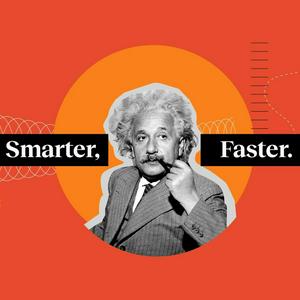Why friendships are becoming rarer in America, explained by author Richard Reeves.
Richard Reeves, a senior fellow at the Brookings Institution, discusses the importance of friendships and the potential “friendship recession.” He notes that loneliness can be as harmful as smoking 15 cigarettes per day, but measuring and quantifying friendships is difficult. According to Reeves, an ideal number of close friends is around three or four.
But alarmingly, 15% of young men today report having no close friends, compared to 3% in the 1990s. The COVID pandemic has further tested friendship networks, with women being the most affected due to their friendships' reliance on physical contact. Other factors likely have contributed to the decline in friendships in the 21st-century U.S., including geographical mobility, parenting demands, workism, and relationship breakdowns.
Reeves emphasizes the importance of acknowledging and nurturing friendships as they don't form spontaneously. Admitting the desire for friends requires vulnerability and openness, which may be difficult for some individuals.
0:00 A friendship recession
1:20 4 friendship formations
1:54 How many friends do people need?
2:21 The ideal relationship
3:03 Why are we losing friends?
4:20 Friendship & your health
5:07 Male friendships
5:43 Female friendships
6:27 The dystopia we must avoid
7:20 The hardest thing to admit
----------------------------------------------------------------------------------
About Richard Reeves:
Richard V. Reeves is a senior fellow at the Brookings Institution, where he directs the Future of the Middle Class Initiative and co-directs the Center on Children and Families. His Brookings research focuses on the middle class, inequality and social mobility.
Richard writes for a wide range of publications, including the New York Times, Guardian, National Affairs, The Atlantic, Democracy Journal, and Wall Street Journal. He is the author of Dream Hoarders (Brookings Institution Press, 2017), and John Stuart Mill – Victorian Firebrand (Atlantic Books, 2007), an intellectual biography of the British liberal philosopher and politician.
Dream Hoarders was named a Book of the Year by The Economist, a Political Book of the Year by The Observer, and was shortlisted for the Goddard Riverside Stephan Russo Book Prize for Social Justice. In September 2017, Politico magazine named Richard one of the top 50 thinkers in the U.S. For his work on class and inequality.
A Brit-American, Richard was director of strategy to the UK’s Deputy Prime Minister from 2010 to 2012. Other previous roles include director of Demos, the London-based political think-tank; social affairs editor of the Observer; principal policy advisor to the Minister for Welfare Reform, and research fellow at the Institute for Public Policy Research. Richard is also a former European Business Speaker of the Year and has a BA from Oxford University and a PhD from Warwick University.
--------------------
------------------------------------------------------06:30-19
---------------------
Learn more about your ad choices. Visit megaphone.fm/adchoices


